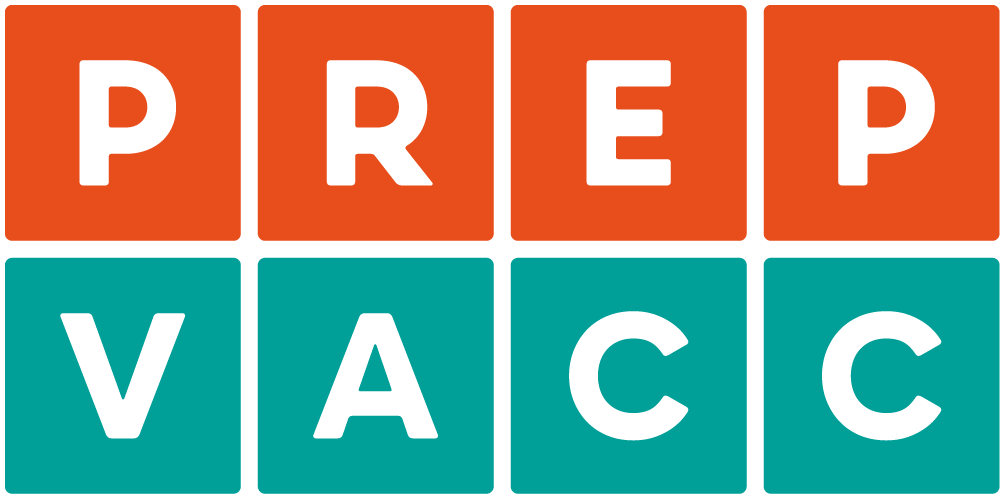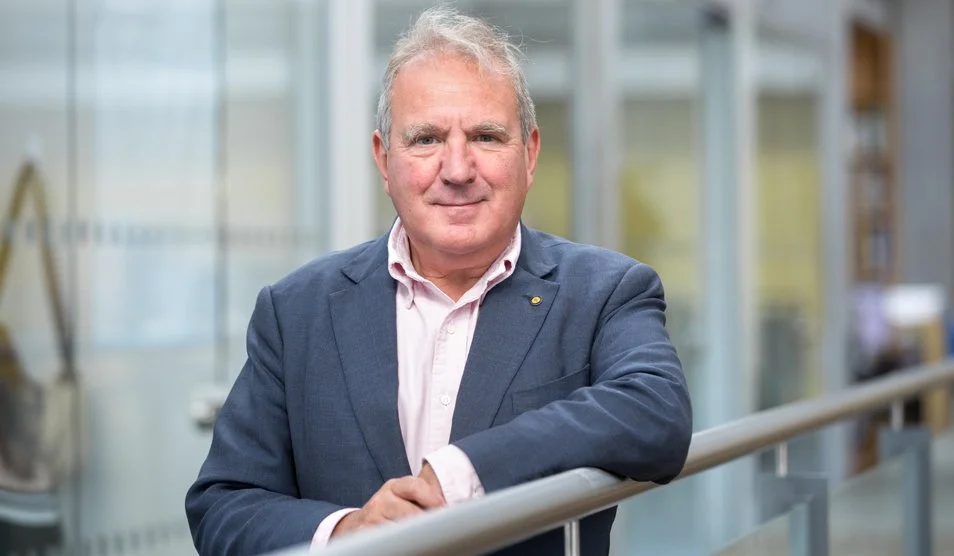Deutsche Welle: ‘After COVID, can researchers speed things up for HIV?’
PrEPVacc’s Lead Applicant and Coordinator, Professor Jonathan Weber is quoted in a recent Deutsche Welle feature asking whether with ‘eight COVID vaccines in 18 months, can researchers speed things up for HIV?’
Professor Jonathan Weber, PrEPVacc’s Lead Applicant and Coordinator
While mRNA vaccines have so far shown to be hugely successful against SARS-CoV-2, Weber tells Deutsche Welle that it is too early to hail them as the next big thing in HIV vaccine research.
"Science and the globe have been very fortunate that SARS-CoV-2 is an easy target for vaccines," said Jonathan Weber, dean of medicine at Imperial College London and long-term HIV researcher.
All of the methods that vaccine developers have trialled to make a vaccine for COVID — including viral vector, mRNA, and adenovirus — "all of them have worked," Weber said.
"With HIV, the opposite is true. We've tried all those different techniques and none have protected against HIV in an effective way," he said.
"My own view at this stage before I have seen any data is that we still have the problem [with mRNA vaccines] that we don't have the optimal antigen for HIV," he said.
Deutsche Welle reports that two large HIV trials, PrEPVacc and Mosaico are currently underway and that both are using a combination approach to vaccination. Mosaico is based on an adenovirus vaccine followed by a booster that contains a 'mosaic' of proteins from multiple HIV strains, while PrEPVacc uses HIV-DNA, a live viral vector and a protein.
Weber's team is leading the [PrEPVacc] trial, currently being carried out in South Africa, Tanzania and Uganda. Although it began in 2018, progress has been "massively delayed by COVID" he said, and, so far, only about 300 participants have been signed up. "We think we'll have to run this study until early 2024 to get reliable results on whether the vaccine is effective," Weber told DW.
Despite the hurdles, Weber is convinced scientists will eventually crack the formula to find a safe and effective HIV vaccine.
"I've gone through my entire career believing we'll get an HIV vaccine. I’m not giving up on that — I only hope I can live to see it," he said.


